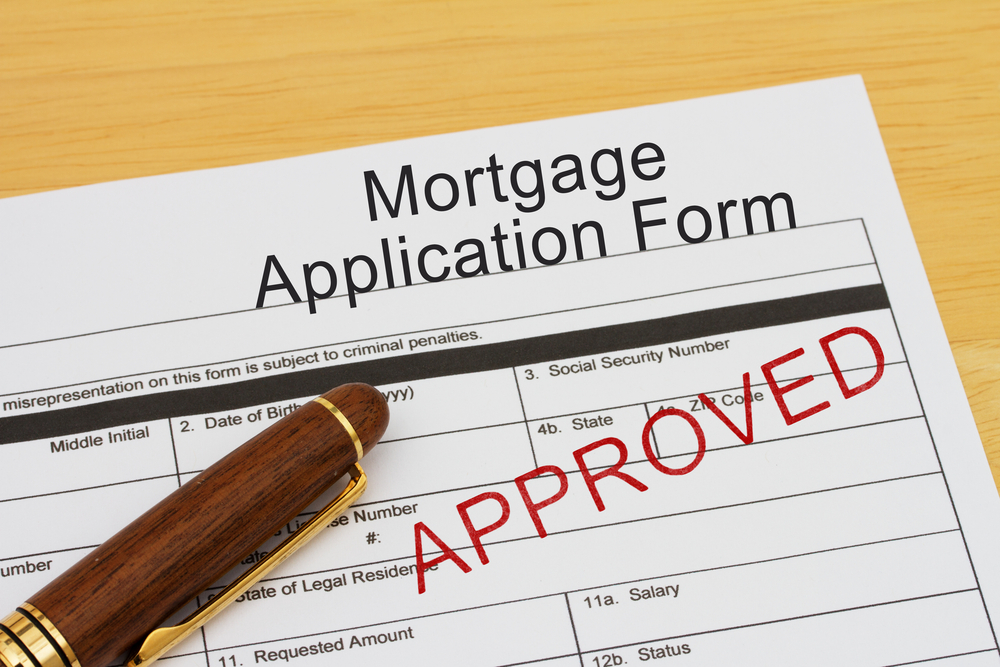Borrowers attracted by some of the record low mortgage rates on offer at the moment would be wise to check the fees before they make a decision. Despite the record number of attractive low rate deals on the market, fees on fixed rate mortgages are on the rise, new research has revealed. According to moneyfacts.co.uk, […]
 Borrowers attracted by some of the record low mortgage rates on offer at the moment would be wise to check the fees before they make a decision.
Borrowers attracted by some of the record low mortgage rates on offer at the moment would be wise to check the fees before they make a decision.
Despite the record number of attractive low rate deals on the market, fees on fixed rate mortgages are on the rise, new research has revealed.
According to moneyfacts.co.uk, the average fixed rate mortgage fee is now £1,018 – the highest in four years.
Charlotte Nelson, finance expert at moneyfacts.co.uk, said that while rates remain at record lows, these are being compensated in part by larger arrangement fees.
“These larger fees mean that the new lower rate mortgage deals on the market might not be as cost-effective as their headline-grabbing rates might suggest.
“As fees vary wildly even within just one provider’s mortgage range, it leaves many borrowers questioning what they are for and what they would gain from paying extra in fees.”
Some of the lowest deals on the market have fees of around £2,000, with some borrowers are being asked for even more.
Nelson said: “Deals with larger fees often allow you to add the fee to the mortgage advance, however, this increases the amount borrowed, pushing up monthly repayments, which seems wasteful when there are fee-free products out there.
“That said, a low rate with a high fee does tend to favour those borrowers purchasing properties at the higher end of the housing market, so the advantages of a fee-paying versus a fee-free product will depend on personal circumstances.”
Opting for the lowest two-year fixed rate mortgage at 60% loan-to-value with no fee (currently Skipton Building Society’s 1.48% deal) will see borrowers £1,088 better off in the first year compared with the lowest overall rate, which comes with an above average fee of £1,495.
The extra saved by opting for a deal with no fee could be better used to overpay the mortgage, which could help borrowers become mortgage-free quicker.
“Those savvy borrowers heeding the advice to remortgage could find that moving deals can be a costly affair, especially if their preference is for shorter-term fixed rates. Therefore, with fees on the rise, it is more important than ever for borrowers to consider the true cost of a mortgage before obtaining a deal,” said Nelson.
Mark Harris, chief executive of mortgage broker SPF Private Clients, said: “Borrowers must remember that there is more to a mortgage than the rate of interest. The total cost – rate plus all fees – must be calculated so that you can compare mortgages on a like-for-like basis. If you can’t do the sums yourself, ask an independent whole-of-market mortgage broker for help.
“Generally speaking, lenders offering rock-bottom rates may charge a higher fee in order to make the pricing commercially viable. However, that doesn’t mean you should always avoid high fees because you may get a very cheap rate. Whether it is worth paying the high fee in order to get the cheap rate or not will depend on the size of your mortgage. The bigger the mortgage, the less important the fee and the more important the rate.
“Remember, you can always add the fee onto the mortgage if you don’t have the cash to pay upfront but you will pay more in the long run because you will be charged interest on top.”
[box style=”4″]
What Mortgage has teamed up with London & Country to offer you expert advice on the right mortgage deal.
Whether you’re buying a new home, remortgaging to a new deal or buying an investment property, L&C can help – and you’ll pay no fee for their advice. To find out more, click here.
[/box]














